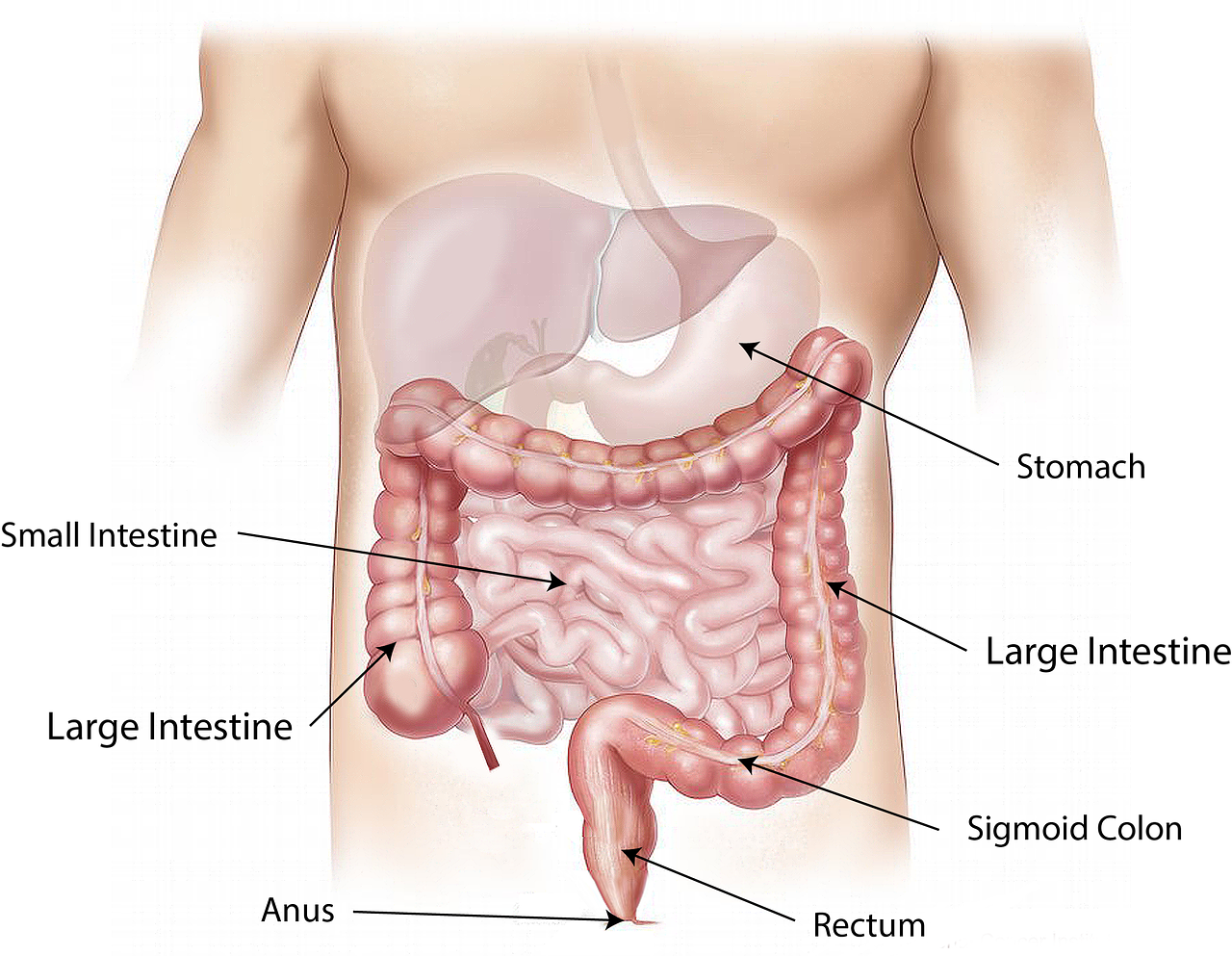Colonic irrigation or colon cleansing (also referred to as colon therapy) encompasses a number of alternative medical therapies intended to remove feces and nonspecific toxins from the colon and intestinal tract.
Colon cleansing may take the form of colon hydrotherapy (also called a colonic or colonic irrigation) or oral cleansing regimens such as dietary supplements.
Colon hydrotherapy uses enemas to inject water, sometimes mixed with herbs or with other liquids, into the colon using special equipment. Oral cleaning uses dietary fiber, herbs, dietary supplements, or laxatives.
Practitioners believe that accumulations of putrefied feces line the walls of the large intestine and that these accumulations harbor parasites or pathogenic gut flora, causing nonspecific symptoms and general ill-health.
This “autointoxication” hypothesis is based on medical beliefs of the Ancient Egyptians and Greeks, and was discredited in the early 20th century.
No scientific evidence supports the alleged benefits of colon cleansing. The bowel itself is not dirty and barring drugs or disease, cleans itself naturally without need for assistance.
The equipment used during colon cleansing has caused damage to the rectum and caused amoebiasis when improperly sterilized. Certain enema preparations have been associated with heart attacks and electrolyte imbalances.
Frequent colon cleansing may interfere with the proper functioning of the colon and can lead to dependence on laxatives or enemas to defecate. Some herbs used may also interact with or reduce the effectiveness of prescription drugs.
The rationale for colon cleansing is the concept of “auto-intoxication”, the idea that food enters the intestine and rots.
The ancient Egyptians believed that toxins formed as a result of decomposition within the intestines, and moved from there into the circulatory system causing fever and the development of pus.
The Ancient Greeks adopted and expanded the idea, applying their belief in the four humours. In the 19th century, studies in biochemistry and microbiology seemed to support the autointoxication hypothesis, and mainstream physicians promoted the idea.
The idea was promoted most strongly by Ilya Ilyich Mechnikov, who thought that these toxins could shorten the lifespan.
Over time, the concept broadened to “auto-intoxication” which supposes that the body cannot fully dispose of its waste products and toxins, which then accumulate in the intestine.
In some cases, the concept led to radical surgeries to remove the colon for unrelated symptoms.






